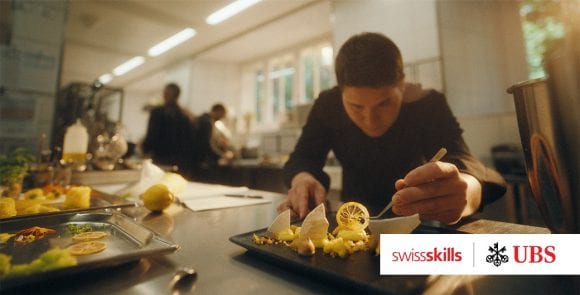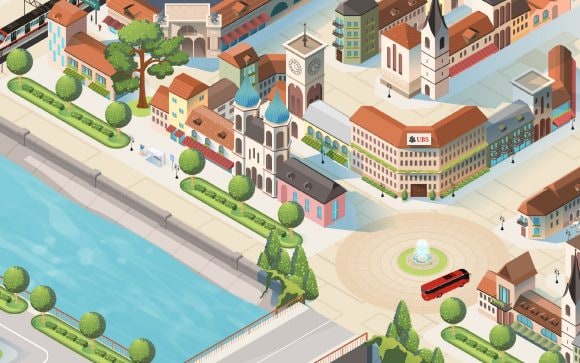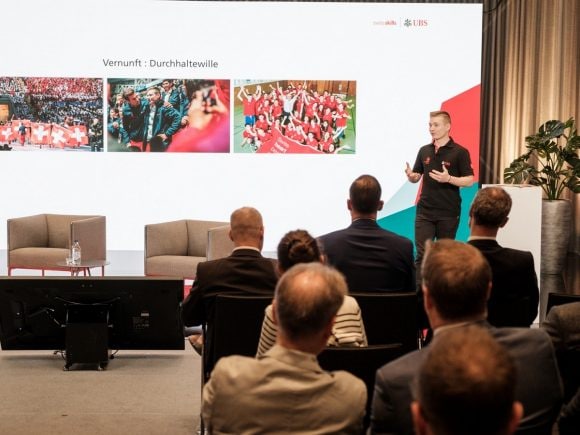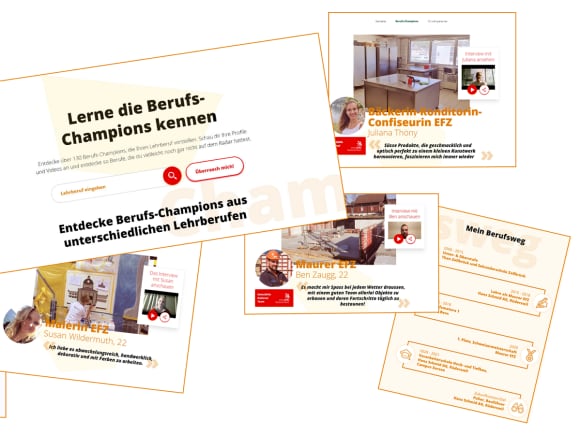We care about apprenticeships
Apprenticeships are a major foundation of the Swiss economy and improve the wellbeing of us all. As a main partner of SwissSkills and as one of Switzerland’s largest providers of vocational training, we are committed to helping you.
Our mission
To provide targeted support – so that young people can recognize their professional potential early on and use it to develop a fulfilling career.
To actively counter the shortage in skilled labor, so that Swiss SMEs can continue to make an important economic and social contribution.
To promote intact professional diversity – because it is one of the most important success factors of the Swiss economy.
Current highlights
News about our commitment

“SwissSkills and UBS share the same goal: to reinforce the importance of apprenticeships in Switzerland. Because they are an excellent career entry point, with countless opportunities for personal and professional development.”
“SwissSkills and UBS share the same goal: to reinforce the importance of apprenticeships in Switzerland. Because they are an excellent career entry point, with countless opportunities for personal and professional development.”
Sabine Keller-Busse, Patron of the SwissSkills partnership, President UBS Switzerland
The SwissSkills platforms for a quality apprenticeship
Are you looking for further information?
Professional apprenticeships at UBS
Professional apprenticeships at UBS
As one of the largest private-sector trainers, we put our money where our mouth is: for successful, lifelong learning. Today and tomorrow.
For private clients
For private clients
Are you a UBS private client and do you have questions on our products and services? Take a look at our comprehensive help section, or we are happy to help you personally.
For corporate clients
For corporate clients
Are you looking for information or a personal contact in your role as an entrepreneur? We will be glad to support you with our comprehensive help topics or in a direct exchange.









